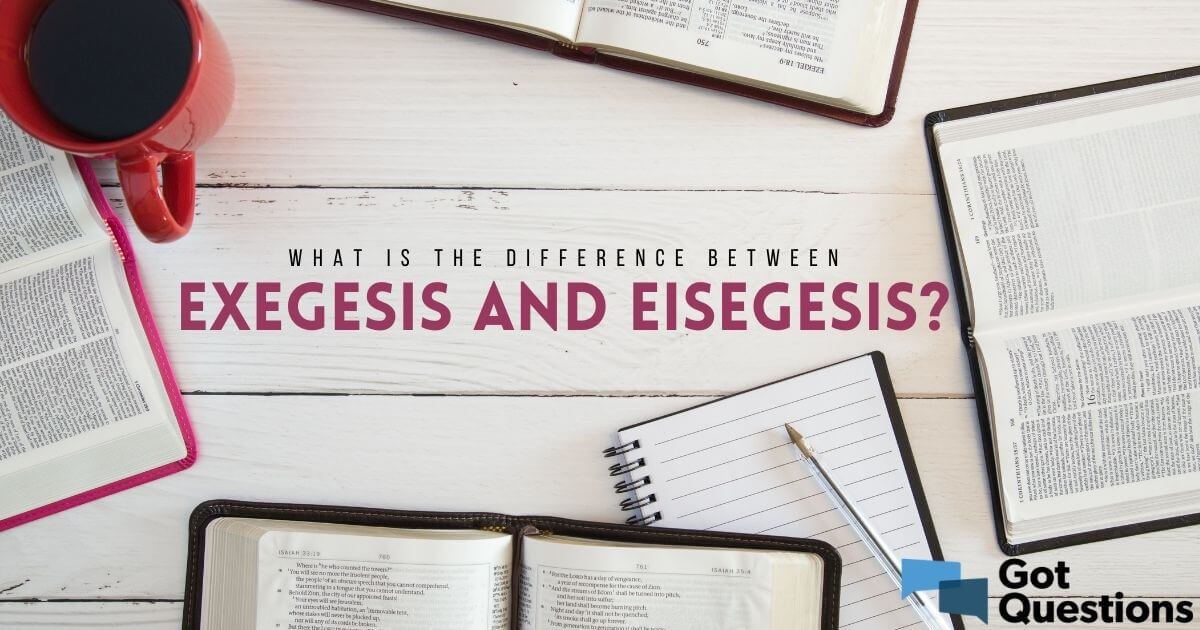My assumption was your oft referenced Matthew 19. If you weren't referring to that I'd be shocked and what I said may not relate.
Every instance I've seen you reference "one flesh" you eisegete it to mean
the definition of marriage. You replace the phrase "one flesh" (echad bawar - heis sarx) with the singular word "married/marriage" They are not the same, you can tell because they're spelled differently. Like magazine and clip. You can tell they're different cause they're spelled differently. An M1 Garand uses an en bloc clip, an AR 15 uses a magazine. Similar but different. The two things are NOT interchangeable.
I've addressed this numerous times with no real rebuttal from you that I can remember. I always say something along the lines of assuming one flesh means marriage is not borne out in scripture therefore it's eisegesis. You can't replace one word for another. That's exactly what happens when you say one flesh means married. Scripture does not use that word interchangeably. They mean different things. Otherwise there would be one term. Every time we clash over this you always go to the logical fallacy of begging the question by assuming one flesh means married. You bypass the core issue and jump right past it to find a way to bolster the eisegesis of the passages instead of reading out of the text what is actually said. (exegesis)
You're a major stickler for strict clear description in scripture. Where in scripture does God tell us one flesh literally means married? It doesn't exist. You can eisegete it into existence, but that's not how it works.
Cleaving to your woman and uniting your bodies happens in a God honoring relationship between a man and woman.
Cleaving to a man and uniting your flesh with his happens in sodomy. This is not a correct relationship.
A wife cleaving to another man and becoming one flesh with a man other than her husband does not create a marriage but it happens. This is also not a correct relationship
A man or woman lying down with a beast is the same thing happening but marriage does not occur. Not a correct relationship
Whoring or prostitution creates one flesh but not "marriage"
Since scripture does not say becoming one flesh is how a man obtains a woman, we must not create a new idea not found in scripture. There are numerous ways a man can acquire a woman and the right to have sexual relations with her.
A man obtains a woman through purchase and agreeing to a contract.
A man obtains a woman through the woman's father giving her to him.
A man obtains a woman through capturing her on the battlefield, bringing her home, shaving her head, trimming her nails, washing her, leaving her for a month to mourn. etc
There are numerous ways a man obtains a wife. In all of these, the natural expression of this intimate relationship does include going in unto her, knowing her, laying down with her.
But laying down with her does not create a proper relationship according to God. There are numerous passages I've already provided that prove "sex only" to be false. Tamar, the Exodus passage on slaves, Paul's description of laying with a prostitute, the woman at the well. There are others.
I know you want a cut and dried statement from God saying "Here's one crazy trick that makes a marriage". But that's not in the book. What I find is a man owning the right to sow seed, and keep the product of that sowing. I find numerous passages where sexual union occurs and there is no "marriage" or ownership. Here are a few.
- A man who takes an unbetrothed virgin. She doesn't belong to him until he obtains permission and pays for her. Sex alone did not create ownership.
- A man takes a married or betrothed woman in a field where she cried out for help. She is not punished and remains the posession of her husband. The rapist does not become her husband despite fulfilling the sex only qualification.
- A woman given to a man, both slaves, the slave man does not own her or the children, when he goes free, she does not go with him because she isn't his despite having fulfilled the sex only qualification.
These all make abundantly clear that sex cannot and does not constitute the end all be all "one crazy trick to make a marriage".
Rather, it is often a component in a proper relationship context.
I really dislike the term marriage. It's an idea/word that has been so perverted as to make it nearly impossible to discuss the topic clearly and do so with scriptural definitions.

